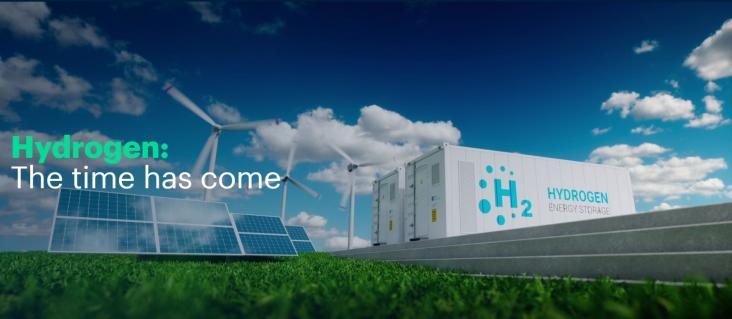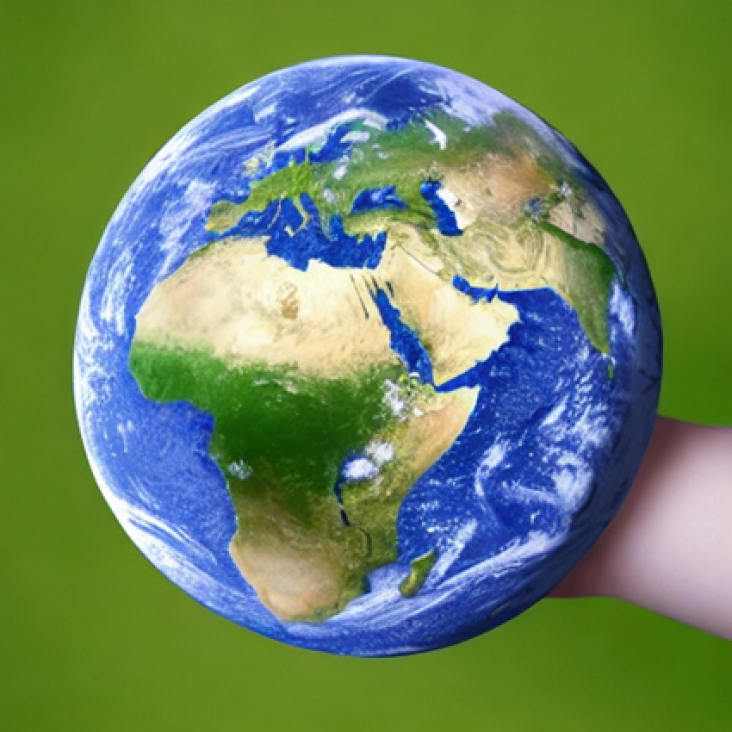“From electric vehicles to lifesaving drugs, clean and green tech, to AI and digital technologies – IP can be the vehicle to turn bold new ideas into real world impact” said World Intellectual Property Organisation (WIPO) Director General Daren Tang in a video address to mark World IP Day 2024. This paper proposes a responsible intellectual property (IP) strategy (R-IPS) framework based on five exploratory case studies of sustainable companies in energy, nutrition, consumer electronics, manufacturing and water treatment sectors. These companies responsibly use IP assets to create positive social and environmental impact (or reduce negative impact), and unlock new opportunities for financial (economic) gains.
World Intellectual Property Day 2024 is highlighting the critical importance of intellectual property (IP) in catalyzing the human innovation and creativity needed for achievement of the United Nations Sustainable Development Goals (SDGs). This paper integrates innovation research with intellectual property law to explore how such a systemic collaboration for sustainable innovation should be characterised, and how the intellectual property rights (IPR) system could be shaped to support it. The paper highlights that reaching sustainability objectives depends on system-level innovations; system-level innovation for sustainability calls for new forms of collaboration; current IPR regime limits systemic collaborations for sustainable innovations and new IPR system and tools are needed to facilitate systemic collaboration.
Fossil fuel utilization as an energy resource is the main cause of CO2 emission; therefore, a new energy economic concept is required to achieve carbon neutrality to mitigate climate change impacts. Here, the authors propose a green-alcohol (green-ol) economy wherein green-ol, a major chemical used in CO2 recycling, can serve as fuel for land (e.g. ethanol) and air transport (e.g. butanol), and as a liquid organic hydrogen carrier (LOHC, e.g. methanol) for green hydrogen.

As the world scrambles to reach net-zero emissions by 2050, hydrogen has emerged as a potential silver bullet to help mitigate climate change. Hydrogen has been in consideration as a potential aid to decarbonization for over 50 years. However, it is only now that it has gained traction in government strategies, business plans, and the media. But what makes the attention given to hydrogen in the 2020s different from the 1970s? This article relates to SDGs 7 and 13.

This article, relating to SDGs 7 and 13, details Europe's race to maintain its position as a leader in renewable energy as global green wars intensify. Although Europe is investing heavily in new green technologies, they face significant challenges including increasing competition from countries like China and the US, as well as political and economic challenges.
Possible but rare: Safe and just satisfaction of national human needs in terms of ecosystem services
One Earth, Volume 6, 21 April 2023

The authors investigate a countries ability to provide adequate food, energy, and water, without exceeding nature's carrying capacity. They show that 67% of nations are operating within a safe space for water provision.
This article supports SDGs 7 and 13 by achieving the efficient CO2 capture via connecting a packed bubble column (S-PBC) contactor in series, combined with machine learning and multi-objective optimization based on Enhanced Weathering (EW) technology.
Enormous amounts of agri-food waste are generated in the open market, especially in sub-Saharan African cities. This work reports the system optimisation of the management of these open-market food wastes for producing bioenergy and value-added materials and also evaluates the environmental impacts of the selected waste processing routes. It supports decision-making on the management of food waste in developing countries furthering SDG 7, 8 &13.
This Article supports SDG 3 and 7 by highlighting that that household use of solid fuels for cooking or heating was associated with lower life expectancy in the Chinese population.

Earth Day is celebrated every year on April 22nd, and it is a global event aimed at raising awareness and promoting action towards environmental protection. It was first celebrated in 1970, and since then, it has become one of the largest civic events in the world, with over one billion people participating in activities such as clean-up campaigns, tree-planting initiatives, and educational programs. The theme for 2023 is Invest in Our Planet, a campaign that will focus on engaging governments, institutions, businesses and individuals in the fight against the climate crisis.
